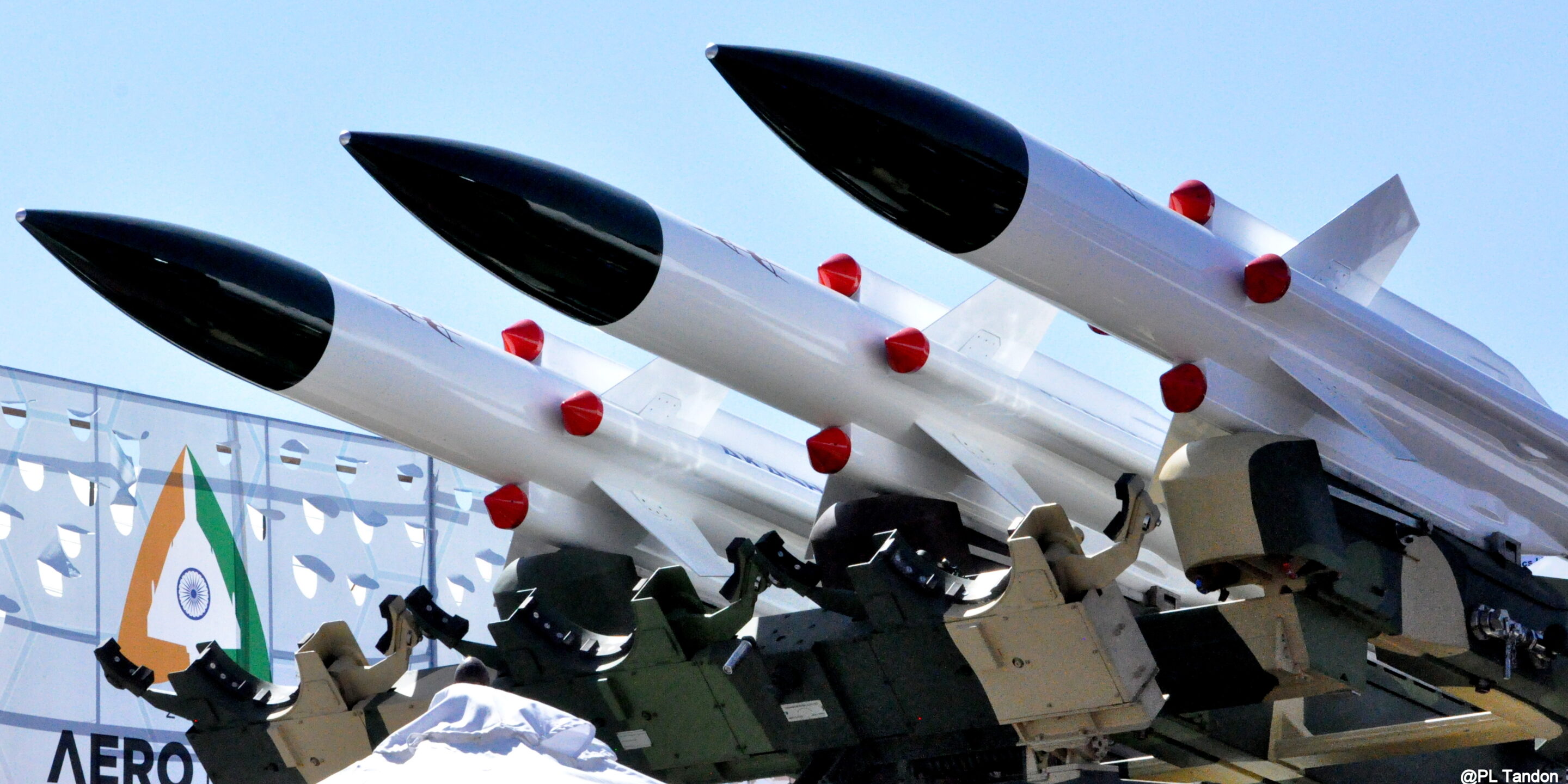May 8, 2025
Will India or Pakistan resort to the nuclear option?
By Rajan Menon

After the April 22 terrorist attack that killed at least 26 people and wounded dozens more – all of them civilians – in Pahalgam, a scenic hill station in the Indian-ruled portion of Kashmir, the question was when, not whether, India would strike back at Pakistan, which it immediately blamed for the carnage. Aside from the widespread outrage the killings ignited in India, Prime Minister Narendra Modi, who has assiduously cultivated his tough-guy persona and vowed to chase the perpetrators “to the ends of the earth,” had to retaliate.
Yet Modi isn’t captive to Indian public opinion. Instead, he orchestrates and manipulates it masterfully, and won’t permit popular passions to dictate his decisions without regard to consequences. India waited until 7 May before using missiles and air strikes to target several military sites located in Pakistan-controlled Kashmir and inside Pakistan. Though Pakistan’s military said that the strikes killed at least 31 and injured at least 46 more, India has described its retaliation as “focused, measured and non-escalatory,” adding that it had “demonstrated considerable restraint” – a choice of words that signaled the desire to prevent the crisis from careening out of control. As for Pakistan, it has vowed to hit back; national pride, together with the need to show India that it can’t act with impunity, ensure that it will make good on the threat. Indeed, it claimed that it had already done so by shooting down five Indian jets and at least one drone during the strike. Still, Pakistan, like India, has compelling reasons to avoid an all-out war, which would be hugely destructive.
Paradoxically, the fact that this crisis involves two nuclear-armed states offers grounds for optimism. Though nuclear weapons rightly evoke horror, military strategists have generally assumed that they will prevent both nuclear and “conventional” war between states that possess them. The prospect of immediate mass carnage will, it is hoped, deter leaders from firing their nuclear weapons at states that can retaliate in kind. An extension of this claim has it that even if nuclear-armed states do embark on a conventional war, they will strive to keep it limited so as to avert nuclear escalation. This two-step logic, though hardly the equivalent of an ironclad law, has held up for a generation and extends to other adversaries who have nuclear weapons, such as India and China, China and the United States, and the United States and Russia.
More on Asia

Featuring Jennifer Kavanagh
May 2, 2025

By Jennifer Kavanagh and Stephen Wertheim
April 28, 2025







